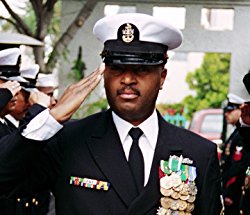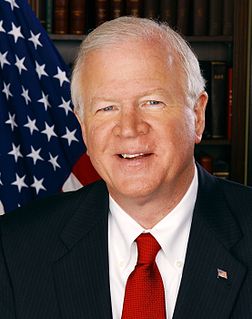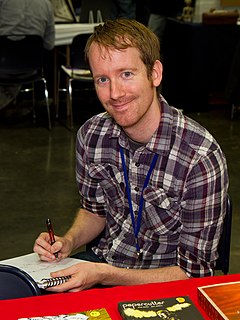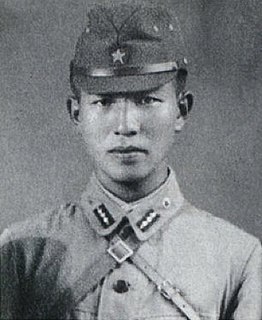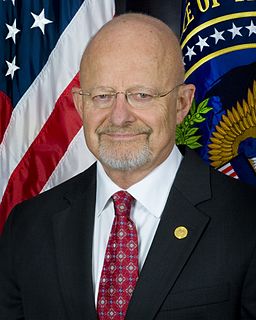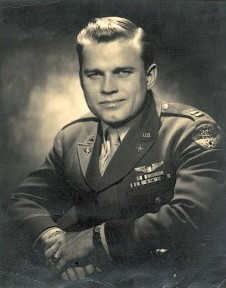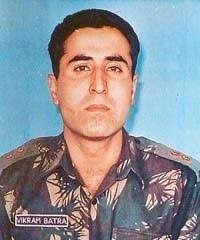A Quote by Malcolm Wrightson Nance
There`s actually some fluidity here in the United States. Using local intelligence against [terrorism].But you still have to infiltrate these groups. You still have to collect intelligence as you see fit. And they are organized. They are very well organized in the anti-abortion movement. Ideologically, they`re almost the same. And that`s where we see these spurts of violence.
Related Quotes
The U.S. directed the war against South Vietnam. There was a political settlement in 1954. But in the late '50's the United States organized an internal repression in South Vietnam, not using its troops, but using the local apparatus it was constructing. This was a very significant and very effective campaign of violence and terrorism against the Vietminh - which was the communist-led nationalist force that fought the French. And the Vietminh at that time was adhering to the Geneva Accords, hoping that the political settlement would work out in South Vietnam.
"I liked the feeling of love," [Jonas] confessed. He glanced nervously at the speaker on the wall, reassuring himself that no one was listening. "I wish we still had that," he whispered. "Of course," he added quickly, "I do understand that it wouldn't work very well. And that it's much better to be organized the way we are now. I can see that it was a dangerous way to live." [...] "Still," he said slowly, almost to himself, "I did like the light they made. And the warmth."
Violence from protesters themselves is extremely rare, but has been made into a talking point by those who stand to benefit from breaking the perceived legitimacy of organized protest and resistance. Organized, disciplined nonviolent resistance is alive and well, and we see it all around us in cities across the country.
I would have never thought that I would hear myself saying that the president of the United States is afraid of the CIA. But he is. He's afraid of the NSA as well. How else to explain that the National Intelligence director, who lied under oath to his senate overseers on the 12th of March 2013, is still the director of National Intelligence?
When we have some horrible terrorist attacks happen in some country we see in the recording that follows, that the intelligence community already knew about these people in advance. We know that these countries were involved in intelligence sharing premiums, that they benefited from mass surveillance, and yet they didn't stop the attacks. Yet at the same time we immediately see intelligence officials running to the newspapers and claiming that we need more surveillance, that we need more intrusion, that we need more expense of powers because it could have stopped an attack.
Now, is it the case that Facebook is actually run by U.S. intelligence? No, it's not like that. It's simply that U.S. intelligence is able to bring to bear legal and political pressure on them. And it's costly for them to hand out records one by one, so they have automated the process. Everyone should understand that when they add their friends to Facebook, they are doing free work for United States intelligence agencies in building this database for them.
